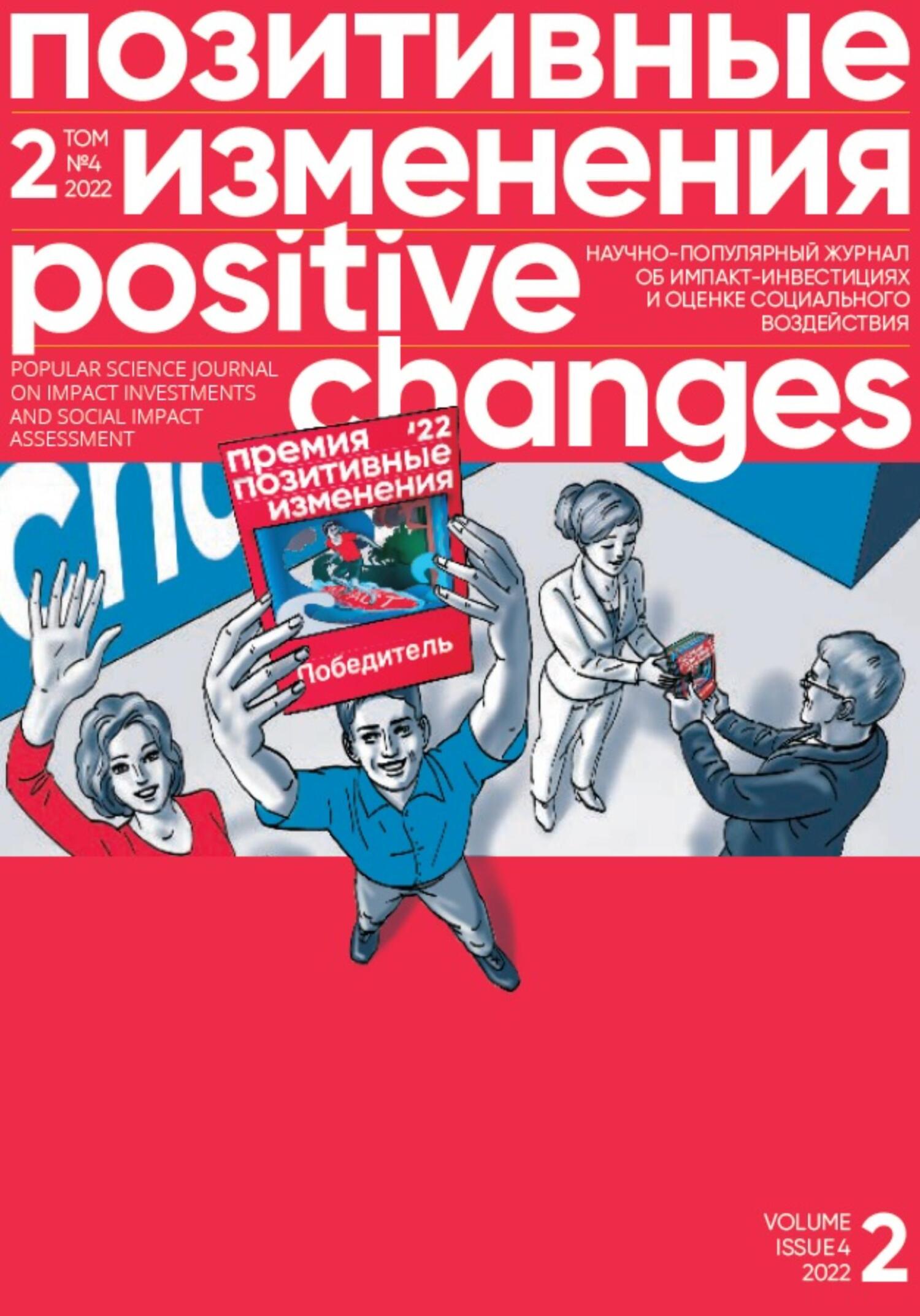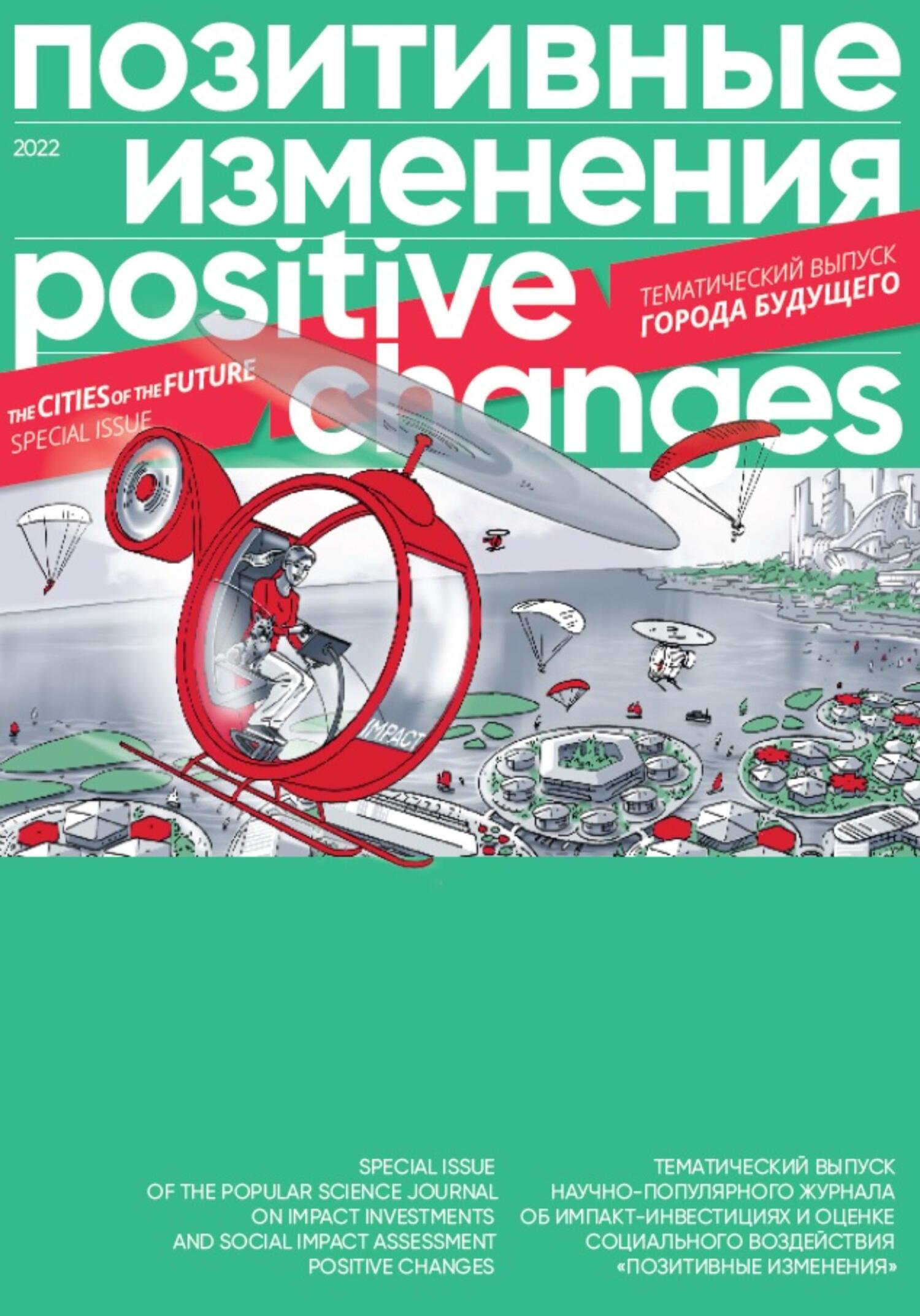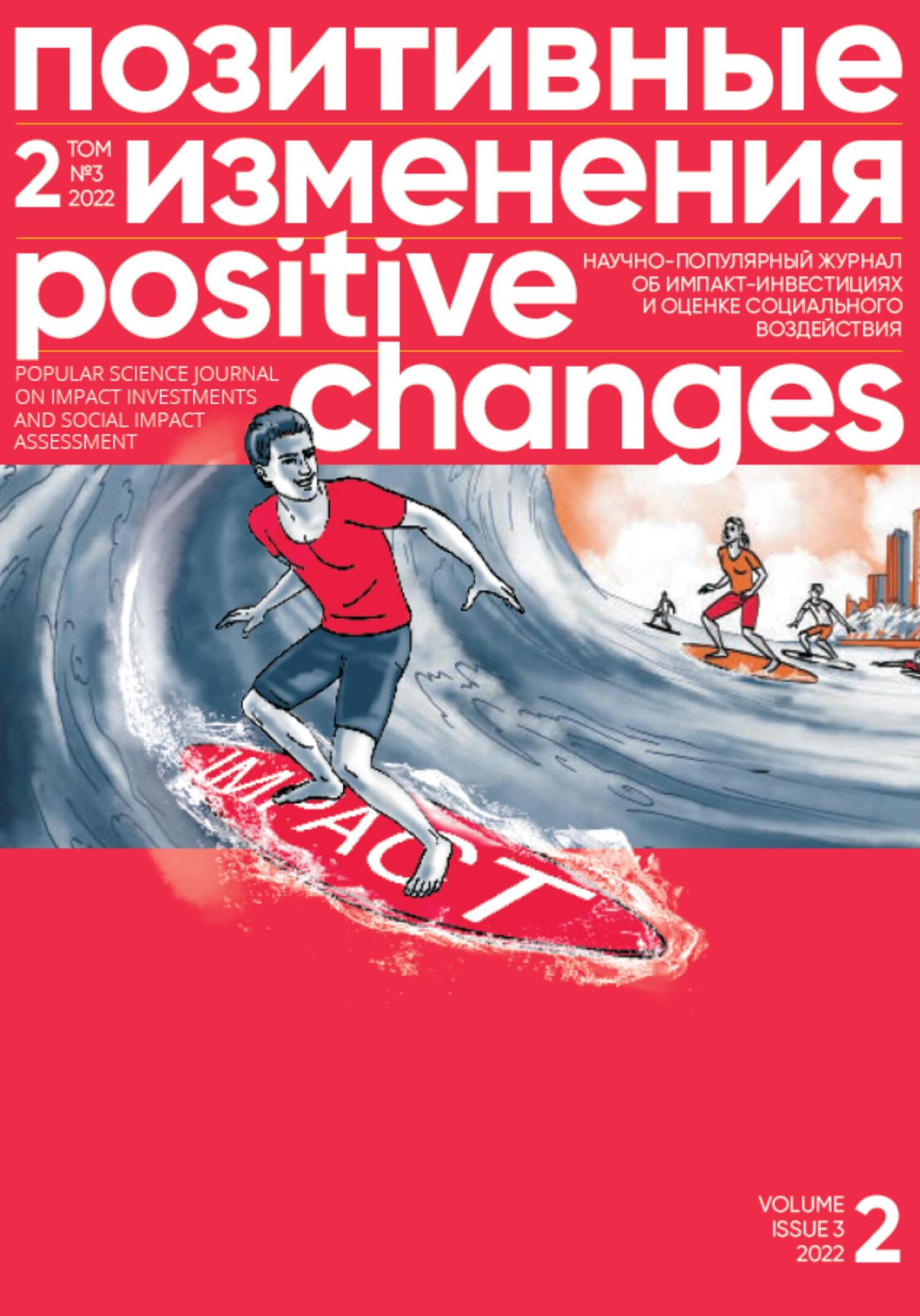a set of performance metrics that allow us to determine whether a family has overcome their crisis and whether it possesses sufficient resources to handle their issues independently.
Our scorecard consists of 35 metrics, including the following:
• number of families/parents/children participating in the project;
• number/share of families participating in the project in relation to the districts where they reside; [94]
• the average increase in family well-being;
• dynamics of individual well-being characteristics;
• the volume of counseling services (total/by type/ average per family);
• signals converted into completed cases;
• number of family visits (total/per family/one-off assistance).
After conducting a strategic session in 2019 to adopt a new mission and goal statement, we began to align our practices accordingly, starting with a revision of our organizational structure [95] and an end-to-end KPI system. The KPI system cascades down from the director to the entire staff of the foundation, and includes indicators related to achieving our strategic goals and fulfilling our mission, as well as staff performance indicators by business area, and metrics embedded within our practices.
The same benchmarks can be found in our public semi-annual and annual reports. [96] This ensures the metrics incorporated in our practices are consistently followed throughout the foundation’s work.
WHY EVIDENCE-BASED PRACTICES ARE ESSENTIAL
Evidence-based practices and a well-established operating technology offer several key advantages:
1. Enhanced efficiency in beneficiary engagement and measurable outcomes.
Formalized practices streamline processes, while a well-calibrated technology ensures swift results and improved efficiency in working with the beneficiaries.
2. A development opportunity for the Foundation.
Our mission is to revolutionize the child welfare system nationwide. This means our practices need to be implemented on a broad scale throughout the country. This can be achieved through scaling and replication.
Scaling involves expanding the Foundation’s activities to new regions. This method requires substantial resources, and is still in the planning phase.
Replication is the transfer of our tested practices to new regions through partner specialized regional nonprofits, offering an equally efficient but more cost-effective approach.
We train specialists, not only within non-profit organizations but also among all stakeholders involved, including care workers and orphanage staff. Our field supervision ensures that foundations implement our practices effectively, accounting for regional peculiarities and aiding in setting up internal processes and metrics.
3. Simplified onboarding for new employees: our case technology manual facilitates quick workplace integration for new employees.
4. Attracting major partners.
Having our practices included in the registries reassures potential partners and donors of the reliability of our foundation and the potential for tangible return on their investment. Companies today tend to prioritize the effectiveness of their investments when selecting a fund, as it affects their reputation among employees, managers, founders, clients, and consumers. In the social sector, the key measure of this effectiveness is social impact. Hence, being present in one of the evidence-based practices registries serves as a valuable filter in choosing a fund.
5. Collaboration with the government.
Enabling changes in the approaches and methods of work with our categories of beneficiaries at the level of the government requires proven practices and methodologies that clearly show the required specialist profiles, skills, work structuring, and performance evaluation.
Ultimately, the most significant reason why evidence-based practices are essential for nonprofits is that we are dealing with real people and their lives, where experimentation is not an option. Having effective and proven tools ensures that we make a positive impact without causing harm.
CHALLENGES IN THE TRANSITION
Implementing the new approach came with its share of challenges, with the primary hurdle being resistance from the team. Successful implementation of any technology is heavily reliant on the collaboration and dedication of the team members.
Thankfully, we managed the transition with minimal disruption as we were already familiar with the case management technology; we merely deepened and structured its implementation. However, significant effort was required of our management to conduct extensive explanatory work to ensure that each employee understood the purpose, rationale, and benefits of introducing the new approach. To ease the adjustment, we rolled out the changes gradually, allowing everyone to get used to the new work format.
Admittedly, the transition did increase the methodological burden on each employee, leading to the creation of more supporting documents and an increase in the scope of paperwork and reporting.
Despite these initial challenges, our colleagues swiftly recognized the importance and usefulness of the changes, as the tangible and comprehensible outcomes of their work validated the effectiveness of the new approach. Regular collection of metrics and the availability of specialized tools used in our work are a great help for every professional, streamlining their tasks and bolstering their confidence.
Presently, four of our practices have been officially included in the evidence-based practices registry: preventing social orphanhood, [97] re-establishing kinship ties for children from orphanages, [98] and education program, [99] vocational guidance. [100] The next step now is to thoroughly formalize all practices, so as to help experts in assessing and validating their impact and effectiveness.
Сознание глобального гражданина и искусственный интеллект. Южнокорейский путь в реализации «третьей миссии» университетов
Елена Ким
DOI 10.55140/2782–5817–2023–3–3–49–55

От простой передачи знаний к конвергентности и цифровым технологиям, поиск новых образовательных форматов, промышленно-академическое партнерство университетов, способность выпускников мыслить в глобальном фрейме… Какой видят «третью миссию» в университетах Республики Корея? По просьбе редакции журнала Елена Ким подготовила обзор трендов по итогам IX Форума ректоров ведущих университетов России и Республики Корея. Ежегодно, начиная с 2013 года, руководители российских и южнокорейских университетов собираются на Форуме гражданских обществ «Диалог Россия — Республика Корея» (ДРРК). Они обсуждают актуальные вопросы, связанные с развитием науки, университетского сотрудничества, академической мобильности, функции университета в условиях Четвертой промышленной революции. Последний Форум ректоров ведущих вузов России и Республики Корея, прошедший в конце 2022 года, был посвящен инновациям в образовании и «третьей миссии» университетов двух стран. Форум прошел онлайн, а его организатором стал один из ведущих вузов Республики Корея — Университет Корё.

Елена







